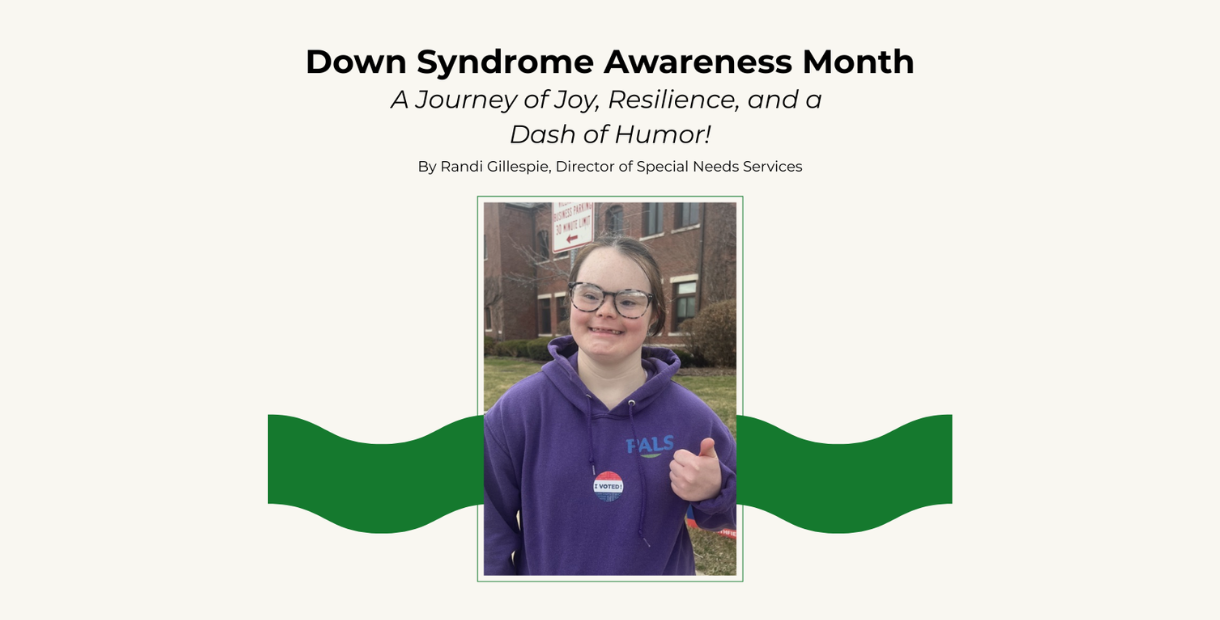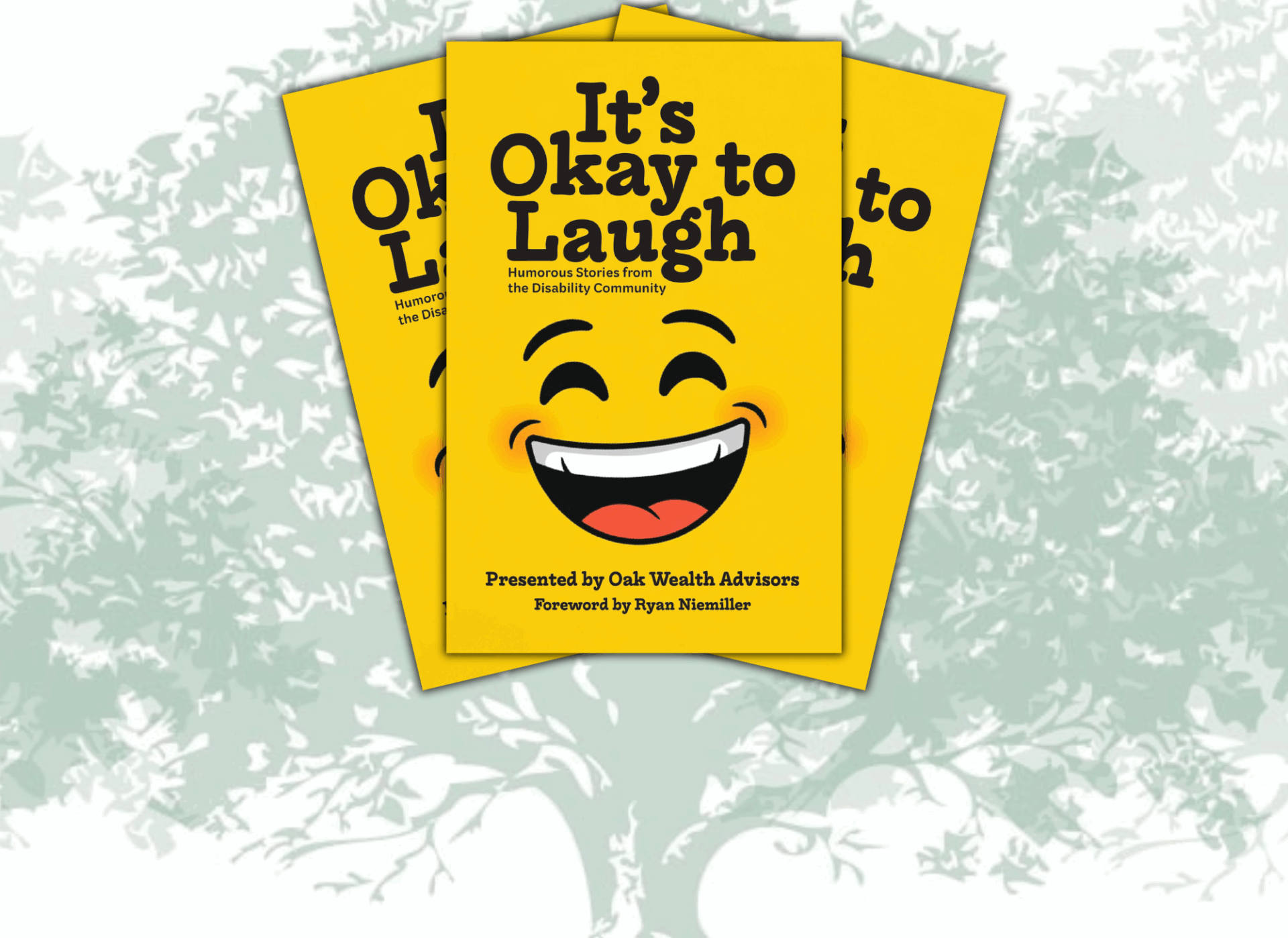The Challenges and Successes of
Raising Two Young Adults with Disabilities
The thrill of victory. The agony of defeat. This old catchphrase for ABC Sports was accompanied by video of a jubilant boxer being carried on the shoulders of his fans and a skier crashing spectacularly on the jump platform. As in sports, we all have highs and lows in raising our children. My own adventures in parenthood began three and a half months earlier than expected—and with less than 24 hours notice that we’d be having twins. All of that excitement, drama and accompanying trauma happened before our first wedding anniversary. That was more than 26 years ago, and our preemie twin boys, Kimball and Jefferson, now live with severe disabilities including Autism, intellectual disability and cerebral palsy. I’d like to share some of the challenges and successes I have experienced with them in the last few years.
The challenge: My sons are now “fully developed” and after nearly two decades of school, therapy, medical visits, and proactive work, we’ve transitioned from a growth phase to a maintenance phase. Like settling in for a long winter. Accepting this aspect of “transitioning” is a bit challenging for me. I wonder if I’m lowering my expectations for their future. Realistically, they haven’t gained new skills in a very long time. Mentally, I struggle to think of long-term caregiving.
Unexpected progress: And then…surprise! Jefferson, after 25 years of eating only soft, puréed foods, moves out of our house to live with a caregiver and now regularly eats unblended and chunky food. He enjoys eating chili, clam chowder and pancakes. We never could get him to tolerate that kind of texture and chew food. I’ll chalk that one up as a win.
Next challenge: My mind feels young, but my body is definitely aging. Energy is down and injuries are up. Aches abound. Transferring Kimball from his wheelchair to his bed at night can seem like pushing a small boulder uphill. Keeping pace with Jefferson on a long walk (a jog if he had his druthers), can be painful on my injured knee. If his hand slipped out of mine and he bolted near a busy road, would I be able to catch up with him in time? It’s a good thing tomorrow I have an appointment with an orthopedic surgeon for my knee.
Aging has its benefits though. I’ve now accepted that I’ll never reshingle my own roof or climb Mt Everest. Just think of all the things I can no longer do (have to do)! Thank goodness for younger people, like my daughter Grace and our morning helper Kenzie, who choose to step up and do more of the heavy lifting. Willing allies have entered our life from unexpected places to provide respite. Their fresh perspectives enrich Jefferson and Kimball, providing variety and enthusiasm. Maybe mom and dad have become a little boring? Typical twenty-somethings!
The BIG challenge: For over 20 years we assumed Jefferson and Kimball would live with us until our old age. After all, who else could or would take over primary caregiving? Our sons cannot live independently, even with significant support. Caring for two completely dependent young adults was taking a toll on our physical and emotional health. Our marriage relationship was strained, which impacted everyone. After one spouse concluded that it was best for Jefferson to move into a residential program, it took over two years for the other spouse to reach the same conclusion. With help, we cautiously evaluated options and moved Jefferson into a host home a few months ago.
The benefits: This transition hasn’t been easy and we still struggle with conflicting emotions. However, the positive benefits have been clear. We can now enjoy a family meal together. We now have the possibility of traveling and attending events together. We can give Kimball and Grace the attention they deserve. Grace is more comfortable inviting her friends over to hang out at our house. And we can better focus on our own health. Jefferson also benefits from new opportunities and relationships. He is being challenged in new ways, potentially spurring growth.
Most of our experiences raising these two young adults are unmemorable. Returning to the sports analogy, we rarely experience obvious victories or defeats. Most days it seems we’re just going to our regular practice session to work on technique and conditioning. Maybe focusing on practice is best, and the victories and defeats will take care of themselves.
The post No Foolin’, Special Needs Parenting is Hard! appeared first on Oak Wealth Advisors, LLC.





